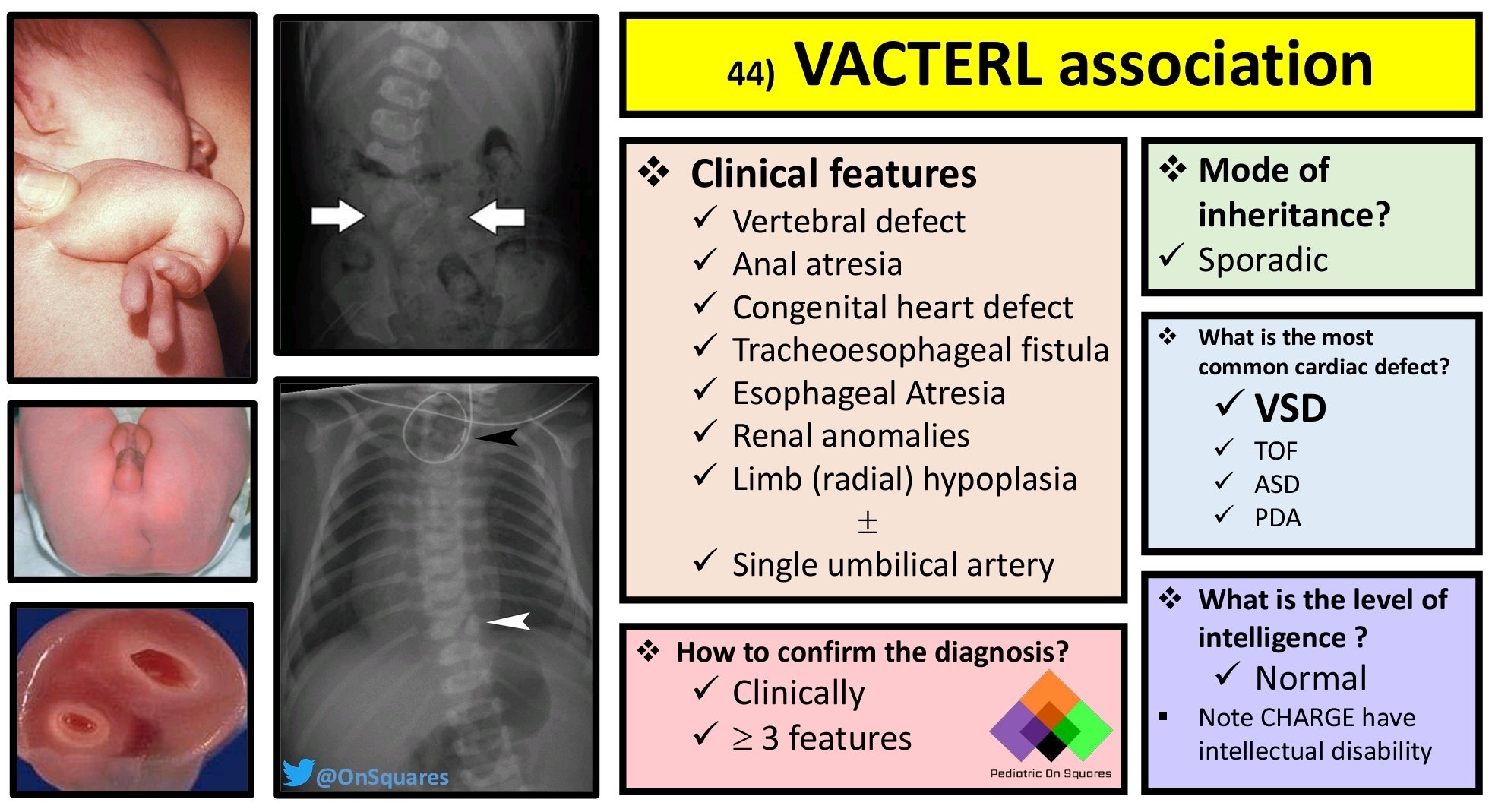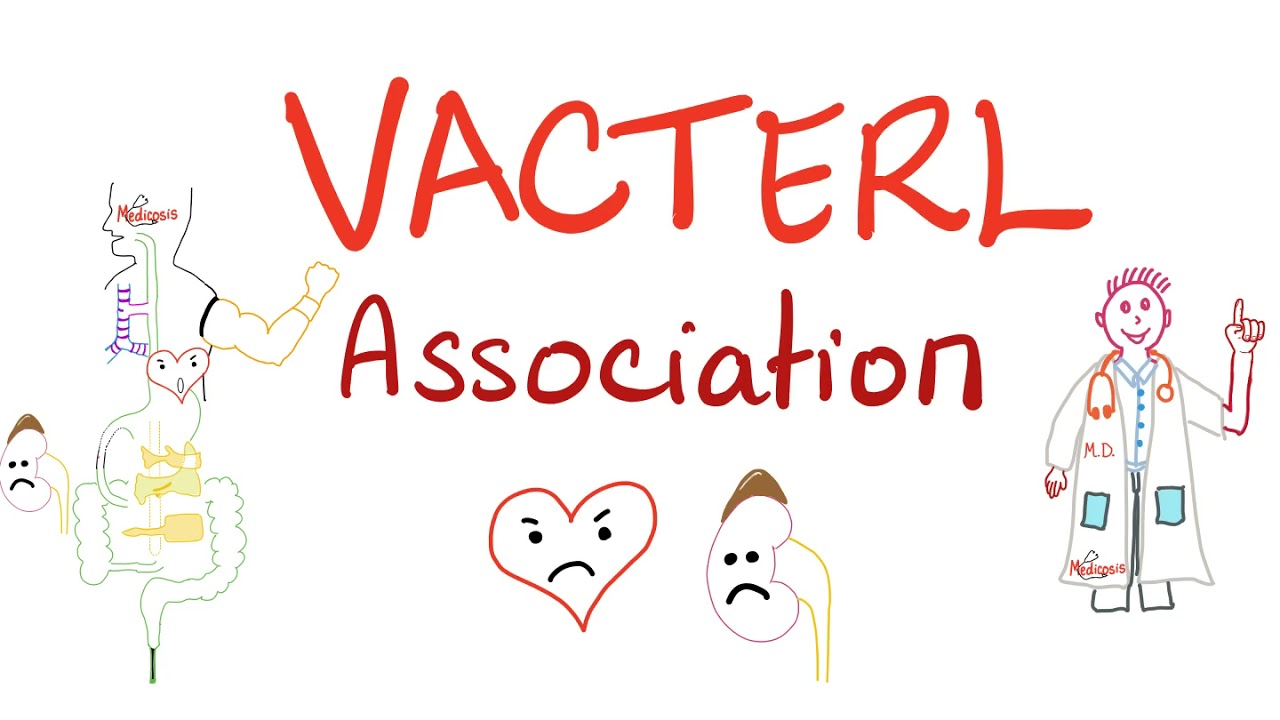Unveiling The Mysteries: A Comprehensive Guide To Vater Syndrome
Vater syndrome, also known as intestinal duplication cyst syndrome, is a rare congenital anomaly that affects the development of the intestinal tract. The condition is characterized by the presence of one or more abnormal duplications of the intestinal wall, which can lead to a range of symptoms and complications. Despite its rarity, vater syndrome can have a significant impact on the quality of life for those affected, and a comprehensive understanding of the condition is essential for diagnosis, treatment, and management.
The term "Vater syndrome" was coined by the German surgeon Friedrich Georg Vater, who first described the condition in the late 19th century. The syndrome is characterized by the presence of one or more intestinal duplications, which can occur in any part of the gastrointestinal tract. The duplications can be congenital, meaning they are present at birth, or acquired, meaning they develop after birth. In some cases, the duplications may not cause any symptoms, while in others, they can lead to severe complications such as intestinal obstruction, malabsorption, and cancer.
Understanding the Causes of Vater Syndrome
The exact causes of vater syndrome are not fully understood, but it is believed to be a complex interplay of genetic and environmental factors. Research suggests that the syndrome is associated with an increased risk of certain genetic syndromes, such as DiGeorge syndrome and velocardiofacial syndrome. Additionally, studies have shown that the syndrome is more common in families with a history of intestinal duplication cysts.
Genetic Factors
Genetic factors play a significant role in the development of vater syndrome. Research has identified several genetic mutations that are associated with the syndrome, including mutations in the TSHZ1 and PDGFRB genes. These mutations can affect the development of the intestinal tract and lead to the formation of duplications. In some cases, the genetic mutations may also increase the risk of other conditions, such as cancer.
Epigenetic Factors
Epigenetic factors, which affect gene expression without altering the underlying DNA sequence, may also play a role in the development of vater syndrome. Research has shown that epigenetic modifications can affect the expression of genes involved in intestinal development and lead to the formation of duplications.
Symptoms and Diagnosis
The symptoms of vater syndrome can vary widely depending on the location and size of the duplications. In some cases, the duplications may not cause any symptoms, while in others, they can lead to severe complications such as intestinal obstruction, malabsorption, and cancer.
Common Symptoms
Some common symptoms of vater syndrome include:
• Abdominal pain and discomfort
• Diarrhea or constipation
• Weight loss or failure to gain weight
• Abdominal distension
• Intestinal obstruction
Diagnostic Tests
Diagnosis of vater syndrome typically involves a combination of clinical evaluation, imaging studies, and endoscopic evaluation. The following tests may be used:
• Ultrasound
• Computed Tomography (CT) scan
• Magnetic Resonance Imaging (MRI)
• Endoscopy
• Angiography
Staging and Grading
The severity of vater syndrome can be classified using a grading system that takes into account the size and location of the duplications. The grading system can help guide treatment decisions and predict outcomes.
Grading System
The grading system for vater syndrome is as follows:
- Grade 1: Mild duplications that do not cause symptoms
- Grade 2: Moderate duplications that cause symptoms, but do not require surgical intervention
- Grade 3: Severe duplications that require surgical intervention
- Grade 4: Life-threatening duplications that require emergency surgery
Treatment and Management
Treatment for vater syndrome typically involves a combination of surgical and medical interventions. The goal of treatment is to relieve symptoms, prevent complications, and improve quality of life.
Surgical Intervention
Surgical intervention is often necessary to remove the duplications and prevent complications. The type of surgery performed will depend on the size and location of the duplications, as well as the individual's overall health.
Surgical Options
Some common surgical options for vater syndrome include:
- Resection: removal of the duplicated segment of intestine
- Anastomosis: connection of the duplicated segment to the main intestine
- Roux-en-Y procedure: creation of a new path for food to flow through the intestine
Medical Management
Medical management plays an important role in the treatment of vater syndrome. The following measures may be used:
• Dietary management: restriction of high-fiber foods and fiber supplements
• Medications: to manage symptoms such as abdominal pain and diarrhea
• Parenteral nutrition: to provide essential nutrients and support growth and development
Complications and Long-term Follow-up
Vater syndrome can lead to a range of complications, including intestinal obstruction, malabsorption, and cancer. Regular follow-up with a healthcare provider is essential to monitor for complications and adjust treatment as needed.
Complications
Some common complications of vater syndrome include:
• Intestinal obstruction
• Malabsorption
• Cancer
• Hepatobiliary disorders
Quality of Life and prognosis
Despite the challenges associated with vater syndrome, many individuals can lead active and fulfilling lives with proper treatment and management. The prognosis for individuals with vater syndrome is generally good, but it is essential to work closely with a healthcare provider to monitor for complications and adjust treatment as needed.
Prognosis
The prognosis for individuals with vater syndrome is as follows:
- Excellent: minimal symptoms and complications
- Good: some symptoms and complications, but manageable with treatment
- Fair: significant symptoms and complications, requiring close monitoring and treatment
- Poor: severe symptoms and complications, requiring aggressive treatment and lifestyle changes
In conclusion, vater syndrome is a complex and multif
Sophie Rain
Kaitlyn Krems Fans
Kessinger Nichol
Article Recommendations
- Sahara Rose Real Name
- Lorne Greene Height
- Who Isavid Muir Wife
- Zoechip
- Kelsey Kane
- Maligoshik
- Marvin Agustin Wife
- Matt Czuchry Relationship
- Beyonc
- Arielle Kebbel Husband



